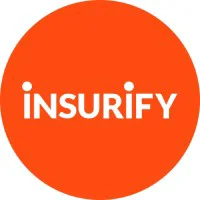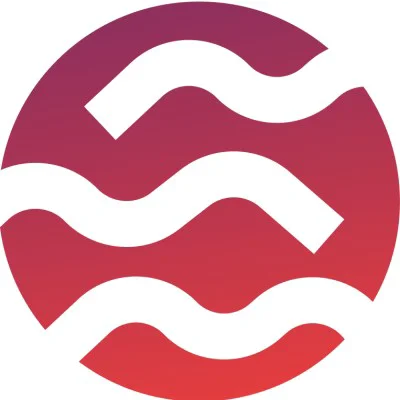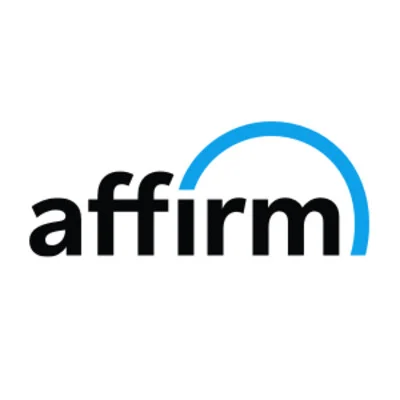Job description
Company- Lucio
Job Title: Frontend Engineer
Mode: Remote
Working hours: Flexible
Days: 5 days/week
About Lucio:
We’re an AI product company that wants to transform the legal industry using generative AI. We’re a rapidly growing team with a truly innovative product that is already being used at many top law firms in the country.
We’re building a team of talented developers who are passionate about building products that solve real-world problems. With us, you’ll have the opportunity to work on everything from fine-tuning LLMs, creating complex data processing pipelines, optimizing distributed services and more. Don’t worry, you won’t have to do everything, but you’ll always have the option of working on something exciting and new.
We’re looking to hire a talented Frontend Engineer who is passionate about building beautiful interfaces and new user experiences. You will excel at this role if you:
- Have an eye for detail
- Love creating and thinking of new user flows and experiences
- Want to help build delightful products
Must-Have Skills (Essential):
1. Strong Proficiency in Core Web Technologies:
- JavaScript (ES6+): Deep understanding of core JavaScript concepts, asynchronous programming (Promises, async/await), and modern language features.
- CSS3: Excellent understanding of CSS fundamentals, layout techniques (Flexbox, Grid), responsive design principles, and CSS preprocessors (like Sass or Less, though Tailwind is a separate “Good to Have”).
- React: Solid experience building complex user interfaces with React, including component lifecycle, hooks, state management (even if not a preferred library initially), and routing.
- UI Design Systems/Component Libraries: Demonstrated experience working with at least one major UI Design System/Component Library. MUI (Preferred) is a significant plus. Familiarity with AntD, Chakra UI, or Mantine is also valuable.
- State Management: Practical experience with at least one client-side state management library. Redux Toolkit or Zustand (Preferred) indicates a good understanding of managing application state effectively.
- Server-Side State Management/Data Fetching: Experience with a server-side state management/data fetching library like SWR, React Query (Tanstack Query) (Preferred), or RTK Query is highly desirable, showcasing knowledge of efficient data handling.
- Form Handling and Validation:
- Experience with form handling in React and implementing robust validation.
- Familiarity with react-hook-form (preferred) for form management.
- Knowledge of zod (preferred) or yup for schema definition and validation.
- Performance Optimization: Proven ability to identify and implement performance optimizations in frontend applications. This includes techniques like code splitting, lazy loading, memoization, efficient rendering, and optimizing API calls.
- Good Code Practices: Strong understanding of clean code principles, writing maintainable and scalable code, following coding standards, and using linting and formatting tools (e.g., ESLint, Prettier).
- Version Control (Git): Proficient in using Git for version control, branching strategies, and collaborating with a team.
- Understanding of Web Development Fundamentals: Knowledge of HTTP protocols, RESTful APIs, and browser developer tools.
Good to Have Skills (Beneficial):
- Next.js or React Router (Remix): Production experience with these frameworks is a significant plus, indicating familiarity with server-side rendering (SSR), static site generation (SSG), and their respective feature sets.
- Tailwind CSS: Experience with utility-first CSS frameworks like Tailwind CSS can be beneficial for rapid styling and consistency.
- Node.js and Express.js: Basic understanding or prior experience with Node.js and Express.js for backend development can be a valuable asset for understanding the full-stack picture and potentially contributing to API integrations or basic backend tasks.
- Build Tools: Familiarity with build tools like Webpack, Parcel, or Vite.
- Accessibility (A11y): Awareness of and ability to implement accessible web applications (following WCAG guidelines).







